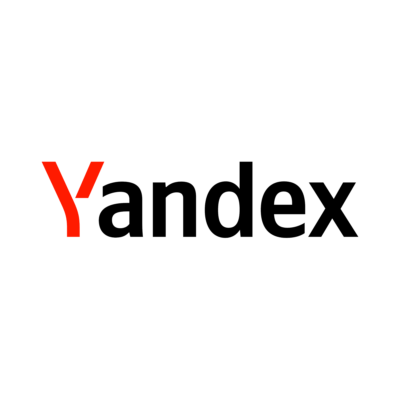Compare Models
-
RedPajama
RedPajama-INCITE-7B-Instruct
FREEThe RedPajama project aims to create a set of leading open source models. RedPajama-INCITE-7B-Instruct was developed by Together and leaders from the open source AI community. RedPajama-INCITE-7B-Instruct model represents the top-performing open source entry on the HELM benchmarks, surpassing other cutting-edge open models like LLaMA-7B, Falcon-7B, and MPT-7B. The instruct-tuned model is designed for versatility and shines when tasked with few-shot performance.The Instruct, Chat, Base Model, and ten interim checkpoints are now available on HuggingFace, and all the RedPajama LLMs come with commercial licenses under Apache 2.0.Play with the RedPajama chat model version here – https://lnkd.in/g3npSEbg -
Microsoft
VALL-E
OTHERVALL-E is a LLM for text to speech synthesis (TTS) developed by Microsoft (technically it is a neural codec language model). Its creators state that VALL-E could be used for high-quality text-to-speech applications, speech editing where a recording of a person could be edited and changed from a text transcript (making them say something they originally didn’t), and audio content creation when combined with other generative AI models. Studies indicate that VALL-E notably surpasses the leading zero-shot TTS system regarding speech authenticity and resemblance to the speaker. Furthermore, it has been observed that VALL-E is capable of retaining the emotional expression and ambient acoustics of the speaker within the synthesized output. Unfortunately, VALL-E is not available for any form of public consumption at this time. At the time of writing, VALL-E is a research project, and there is no customer onboarding queue or waitlist (but you can apply to be part of the first testers group). -
Yandex
YaLM
FREEYaLM 100B is a GPT-like neural network for generating and processing text. It can be used freely by developers and researchers from all over the world. It took 65 days to train the model on a cluster of 800 A100 graphics cards and 1.7 TB of online texts, books, and countless other sources in both English and Russian. Researchers and developers can use the corporate-size solution to solve the most complex problems associated with natural language processing.Training details and best practices on acceleration and stabilizations can be found on Medium (English) and Habr (Russian) articles. The model is published under the Apache 2.0 license that permits both research and commercial use.




